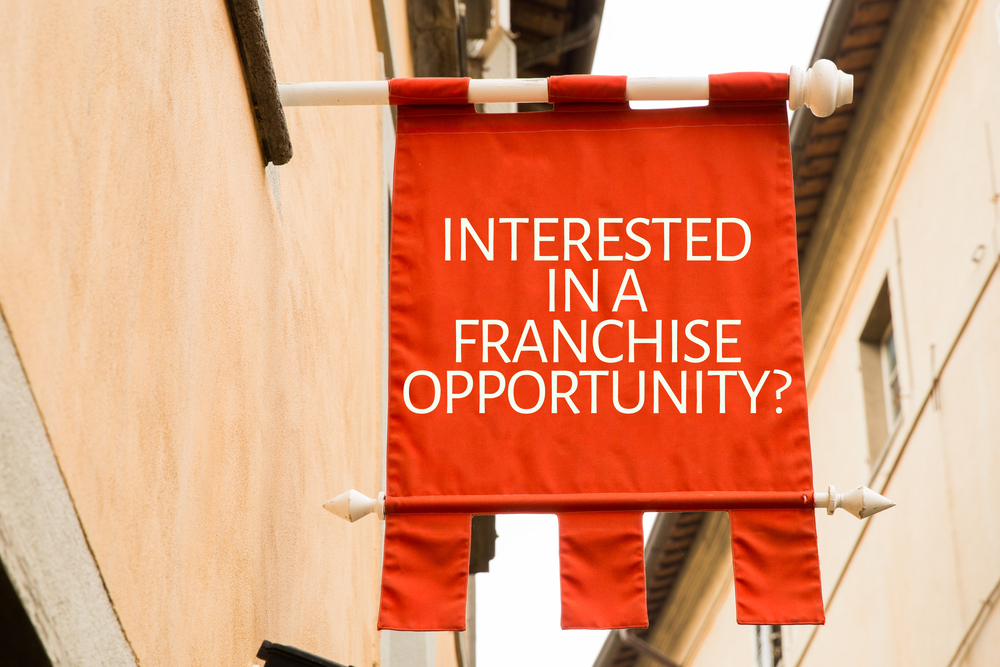Franchising can be a great business option because while it’s not without risk, the franchisor relies on your success to reap its own rewards, meaning they are incentivised to help you. However, like any business venture, it’s crucial to approach franchising with careful consideration and to do your due diligence.
1. Which Industry Should I Enter?
Choosing an industry that compliments your professional experience and your general strengths and weaknesses is advisable. However, not having experience in an industry doesn’t necessarily mean you should rule it out. You don’t necessarily have to have worked in a pizzeria to be able to run a pizza franchise successfully. Your attitude and determination are more important when it comes to achieving the best results in a franchise business.
2. What are the Set Up Costs?
Franchises come in a vast range of types and sizes. They can cost anywhere between a few thousand and several million dollars to buy. Whatever your budget is, ensure you know exactly what the setup costs are and what’s included. A franchise fee will normally cover the rights to use the brand and systems. Some other things it may include are:
- Training
- Manuals
- Some fit-out costs for premises
- A launch promotion and initial marketing
Set up costs and the level of support provided will vary considerably depending on the franchise you choose. A good franchisor will clearly detail costs and what is included prior to signing. Ensure you also account for other costs you may need, such as accountants or any other professional advisers.
3. What are the Ongoing Fees?
All franchises require their franchisees to pay ongoing fees, sometimes called royalties, management fees or licence fees. These can come in the form of a flat fee, a percentage of turnover, a markup on products or services provided or among other approaches. Specific fees may also be charged for other services. Ensure you find out what these fees are so you can account for the cost.
4. How are Sales Projections Calculated?
Unlike projecting costs, franchisors can’t know what sales you will achieve with certainty as there are too many variables, including your own performance. Find out how any sales projections were calculated so you know how much reliance you can place in them when making a decision to purchase.
For example, were sales projections based on existing franchise sales? Is your territory comparable to others? Are the projections based on trading in New Zealand or international outlets?
5. Are You Financially Prepared?
Ensure you account for not just the costs related to buying and running the franchise, but other costs such as your tax obligations and any finance costs. Consider matters such as whether you will put yourself on the payroll or take drawings, what kind of expenses you can deduct at tax time and other financial considerations.
Contact Our Commercial Lawyers Today
Seek advice from an experienced commercial lawyer for advice on buying an existing franchise business. At Carlile Dowling, our team has provided trusted legal advice for more than 130 years in relation to business structuring and business purchases as well as immigration, employment law, commercial law and more.
Get in touch today by calling 06 927 8150 or contact us online.
 Skip to content
Skip to content





